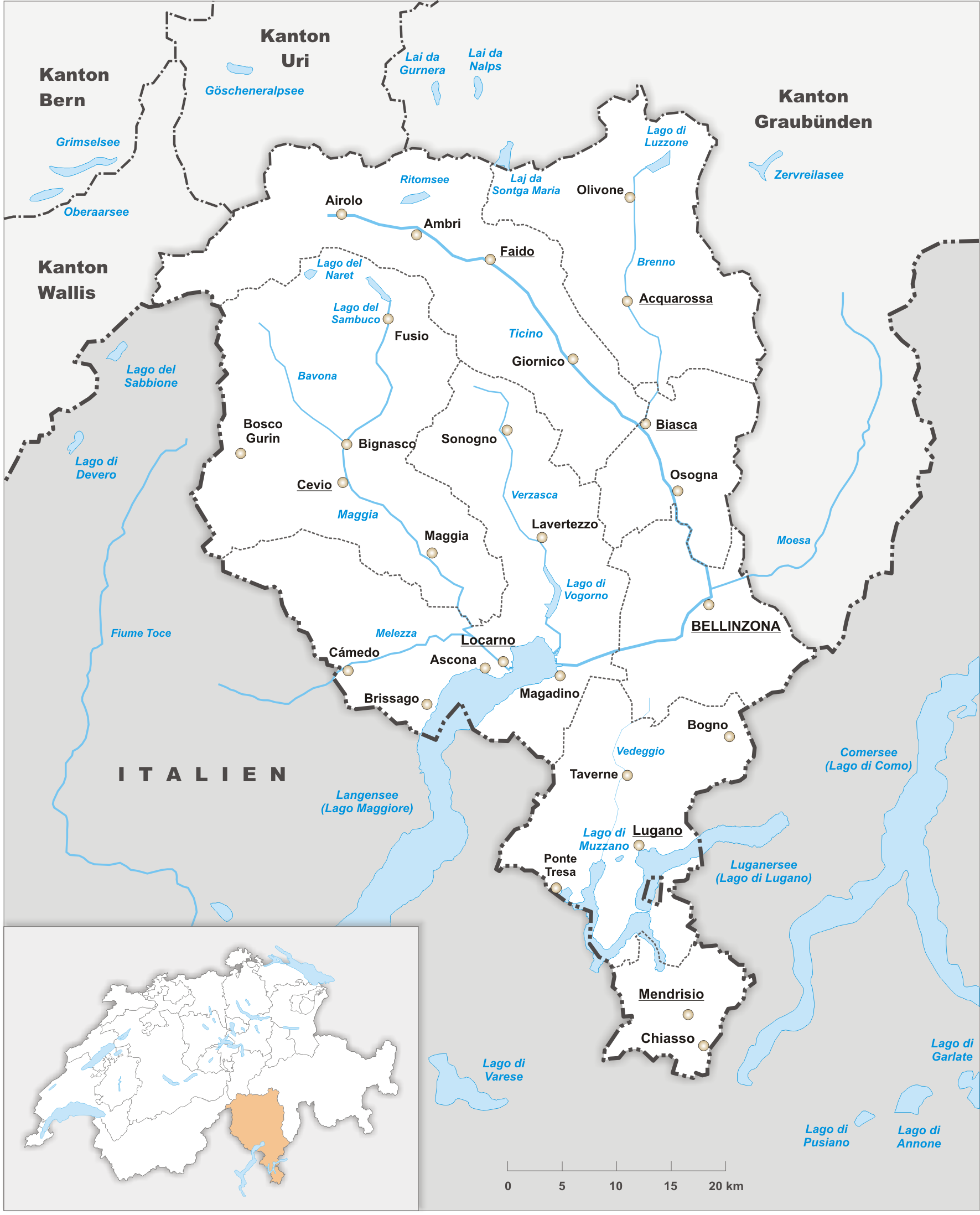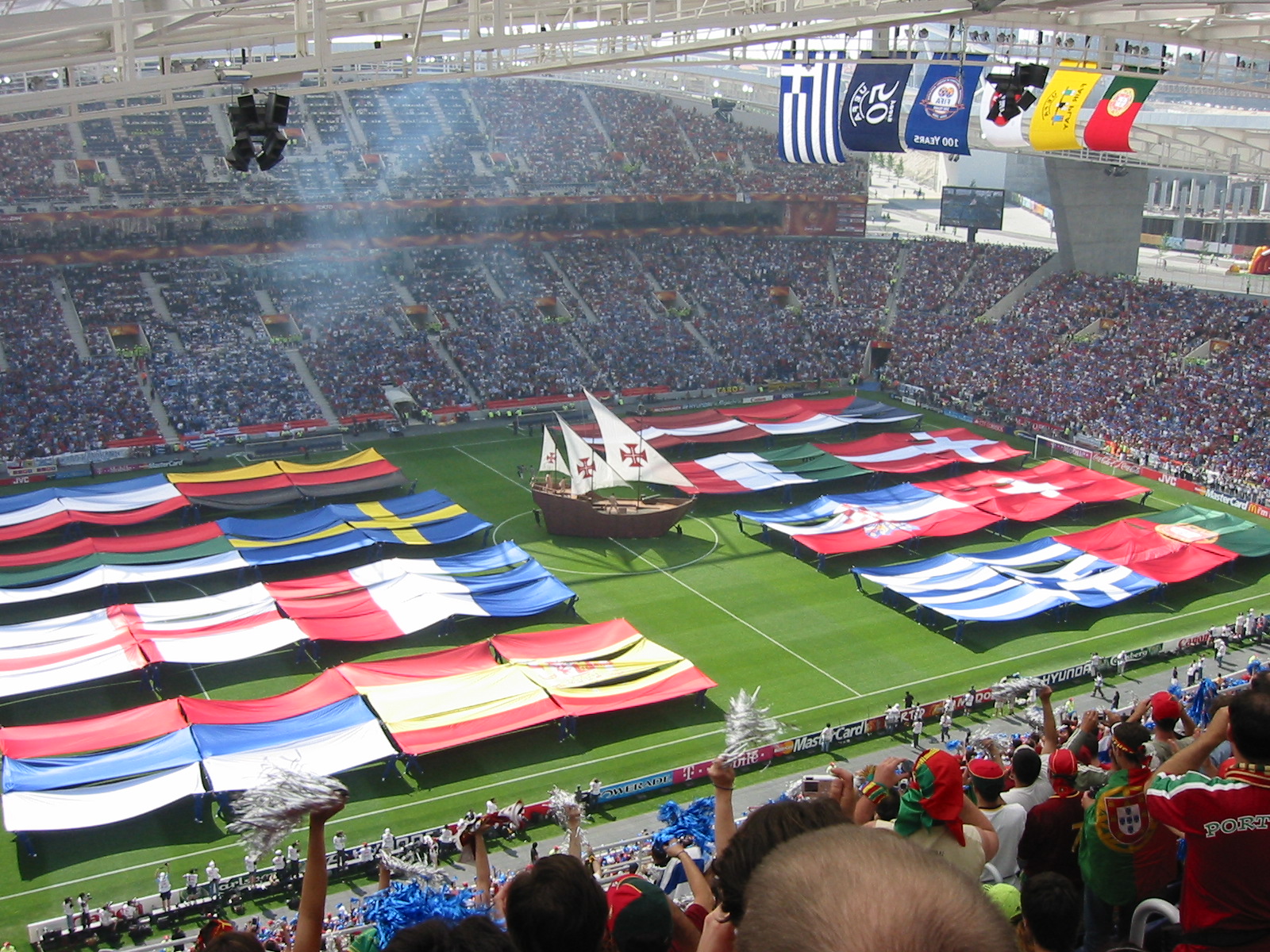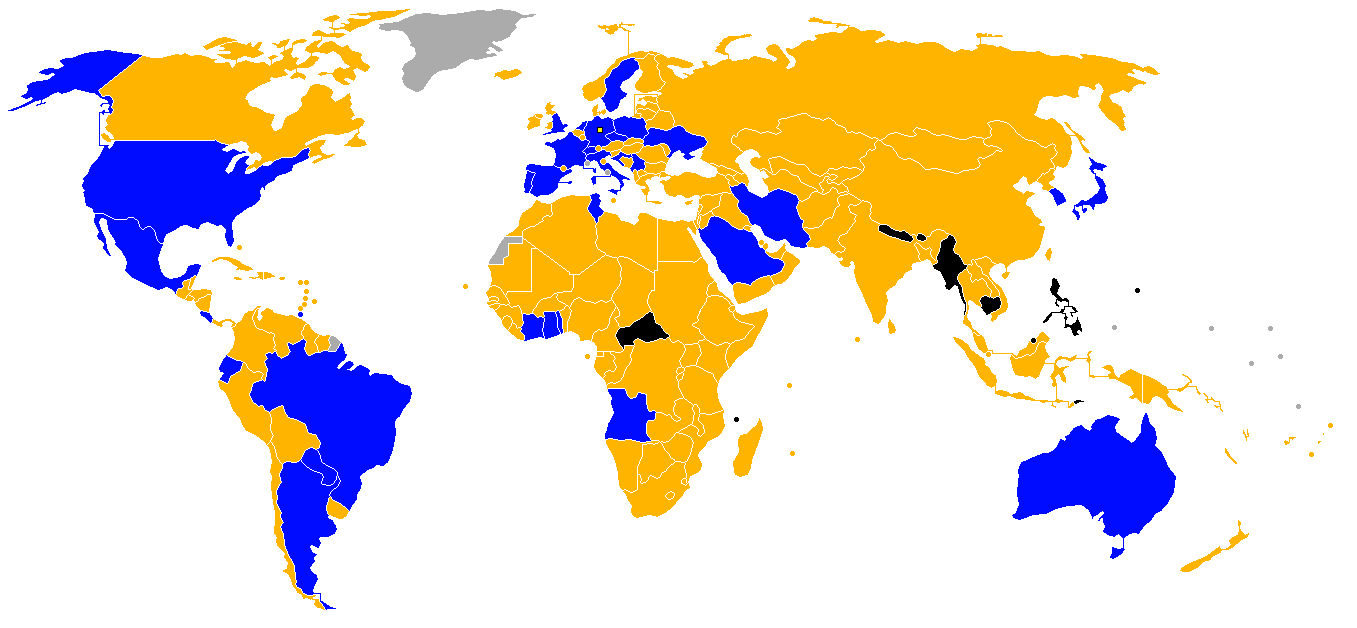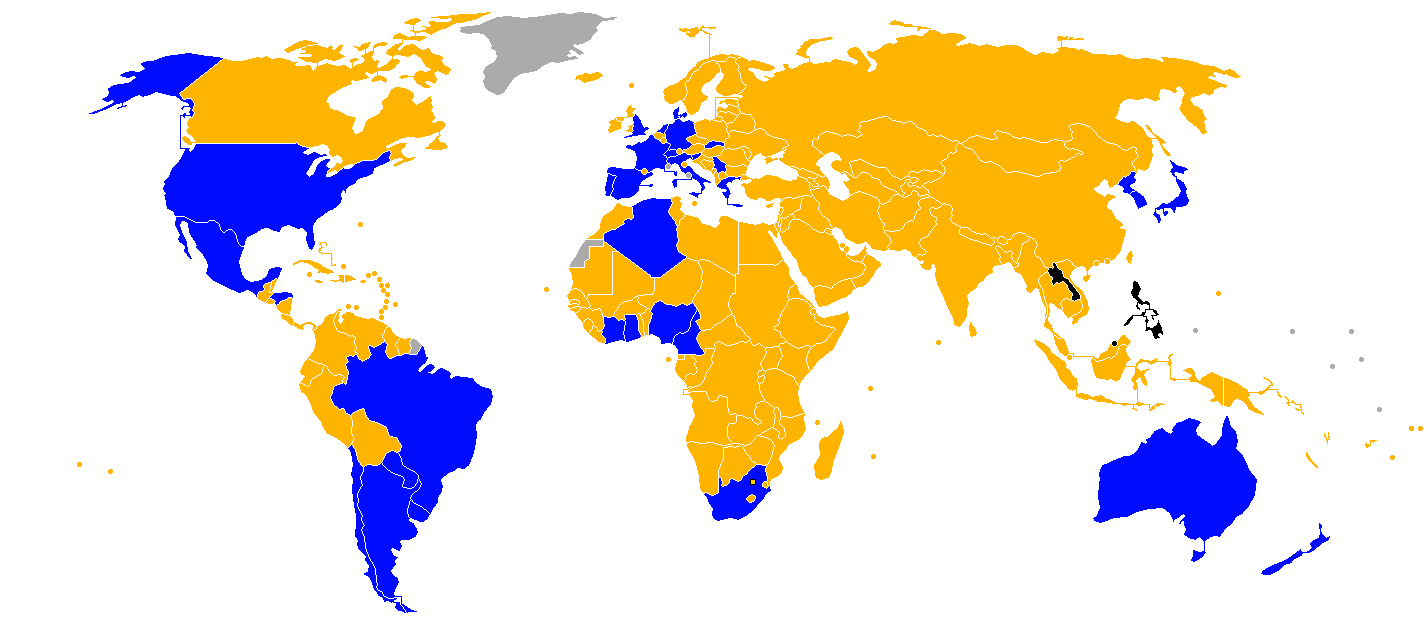|
Ludovic Magnin
Ludovic Magnin (; born 20 April 1979) is a Swiss football manager and a former player. He is the manager of Lausanne-Sport. He played as a left-back for the Switzerland national team, Yverdon Sport, FC Lugano, Werder Bremen, VfB Stuttgart, and FC Zürich. Club career Youth teams Born in Lausanne, Magnin started his career at FC Echallens, where he played until 1996. He spent one season at Lausanne Sports before joining second-tier Yverdon Sports. Switzerland and Germany In 1999, he made his professional debut for Yverdon Sports. In the summer of 2000, he transferred to Ticino side FC Lugano, then playing in the first-tier Axpo Super League. In the beginning of 2002, Magnin made his biggest career move by joining Bundesliga side Werder Bremen for the transfer sum of approximately 1 million Swiss Francs. He won the double of Bundesliga and DFB-Pokal with the Northern German side in 2004, but had bad luck with many injuries and played only 45 games in four years in Bremen. I ... [...More Info...] [...Related Items...] OR: [Wikipedia] [Google] [Baidu] |
Lausanne
, neighboring_municipalities= Bottens, Bretigny-sur-Morrens, Chavannes-près-Renens, Cheseaux-sur-Lausanne, Crissier, Cugy, Écublens, Épalinges, Évian-les-Bains (FR-74), Froideville, Jouxtens-Mézery, Le Mont-sur-Lausanne, Lugrin (FR-74), Maxilly-sur-Léman (FR-74), Montpreveyres, Morrens, Neuvecelle (FR-74), Prilly, Pully, Renens, Romanel-sur-Lausanne, Saint-Sulpice, Savigny , twintowns = Lausanne ( , , , ) ; it, Losanna; rm, Losanna. is the capital and largest city of the Swiss French speaking canton of Vaud. It is a hilly city situated on the shores of Lake Geneva, about halfway between the Jura Mountains and the Alps, and facing the French town of Évian-les-Bains across the lake. Lausanne is located northeast of Geneva, the nearest major city. The municipality of Lausanne has a population of about 140,000, making it the fourth largest city in Switzerland after Basel, Geneva, and Zurich, with the entire agglomeration area having about 420,000 inhabit ... [...More Info...] [...Related Items...] OR: [Wikipedia] [Google] [Baidu] |
Ticino
Ticino (), sometimes Tessin (), officially the Republic and Canton of Ticino or less formally the Canton of Ticino,, informally ''Canton Ticino'' ; lmo, Canton Tesin ; german: Kanton Tessin ; french: Canton du Tessin ; rm, Chantun dal Tessin . is one of the 26 cantons forming the Swiss Confederation. It is composed of eight districts and its capital city is Bellinzona. It is also traditionally divided into the Sopraceneri and the Sottoceneri, respectively north and south of Monte Ceneri. Red and blue are the colours of its flag. Ticino is the southernmost canton of Switzerland. It is one of the three large southern Alpine cantons, along with Valais and the Grisons. However, unlike all other cantons, it lies almost entirely south of the Alps, and has no natural access to the Swiss Plateau. Through the main crest of the Gotthard and adjacent mountain ranges, it borders the canton of Valais to the northwest, the canton of Uri to the north and the canton of Grisons to the northea ... [...More Info...] [...Related Items...] OR: [Wikipedia] [Google] [Baidu] |
UEFA Euro 2004
The 2004 UEFA European Football Championship, commonly referred to as Euro 2004, was the 12th edition of the UEFA European Championship, a quadrennial association football, football competition contested by the List of men's national association football teams#UEFA (Europe), men's national teams of UEFA member associations. The final tournament was hosted for the first time in Portugal, from 12 June to 4 July 2004. A total of 31 matches were played in ten venues across eight cities – Aveiro, Portugal, Aveiro, Braga, Coimbra, Guimarães, Faro, Portugal, Faro/Loulé, Leiria, Lisbon, and Porto. As in UEFA Euro 1996, 1996 and UEFA Euro 2000, 2000, the final tournament was contested by 16 teams: the hosts plus the 15 teams that came through the UEFA Euro 2004 qualifying, qualifying tournament, which began in September 2002. Latvia national football team, Latvia secured their first participation in a major tournament after overcoming Turkey national football team, Turkey in the UEFA ... [...More Info...] [...Related Items...] OR: [Wikipedia] [Google] [Baidu] |
2006 FIFA World Cup
The 2006 FIFA World Cup, also branded as Germany 2006, was the 18th FIFA World Cup, the quadrennial international football world championship tournament. It was held from 9 June to 9 July 2006 in Germany, which had won the right to host the event in July 2000. Teams representing 198 national football associations from all six populated continents participated in the qualification process which began in September 2003. Thirty-one teams qualified from this process along with hosts Germany for the finals tournament. It was the second time that Germany staged the competition and the first as a unified country along with the former East Germany with Leipzig as a host city (the other was in 1974 in West Germany), and the 10th time that the tournament was held in Europe. Italy won the tournament, claiming their fourth World Cup title, defeating France 5–3 in a penalty shoot-out in the final after extra time had finished in a 1–1 draw. Germany defeated Portugal 3–1 to finis ... [...More Info...] [...Related Items...] OR: [Wikipedia] [Google] [Baidu] |
Alexander Frei
Alexander Frei or Alex Frei (born 15 July 1979) is a Swiss professional football coach and a former player who played as a forward. He is currently the manager of Basel. He began his career at Basel, going on to various other clubs in Switzerland, France and Germany before returning to his home club, where he won the Swiss Super League title in all four of his seasons, including doubles with the Swiss Cup in 2010 and 2012. Frei is the all-time leading scorer of the Swiss national football team with 42 goals in 84 games, and also their sixth-most capped player of all time. He represented the country at two UEFA European Championships and as many World Cups. Club career Frei started his professional career with his hometown club of FC Basel, where he later was transferred to FC Thun, FC Luzern, and Servette FC, all in his native Switzerland. After a transfer to French club Rennes, he finished as the highest goalscorer in Ligue 1 for the 2004–05 season with 20 goals and was ... [...More Info...] [...Related Items...] OR: [Wikipedia] [Google] [Baidu] |
2008 European Football Championship
The 2008 UEFA European Football Championship, commonly referred to as UEFA Euro 2008 or simply Euro 2008, was the 13th UEFA European Championship, a quadrennial football tournament contested by the member nations of UEFA (the Union of European Football Associations). It took place in Austria and Switzerland (both hosting the tournament for the first time) from 7 to 29 June 2008. The tournament was won by Spain, who defeated Germany 1–0 in the final. Spain were only the second nation to win all their group stage fixtures and then the European Championship itself, matching France's achievement from 1984. Spain were also the first team since Germany in 1996 to win the tournament undefeated. Greece were the defending champions going into the tournament, having won UEFA Euro 2004. They recorded the worst finish in Euro 2008, losing their three group fixtures and collecting the least prize money. Throughout 31 matches, the participating nations totalled 77 goals, the same as the pr ... [...More Info...] [...Related Items...] OR: [Wikipedia] [Google] [Baidu] |
Cap (football)
In sport, a cap is a player's appearance in a game at international level. The term dates from the practice in the United Kingdom of awarding a cap to every player in an international match of rugby football and association football. In the early days of football, the concept of each team wearing a set of matching shirts had not been universally adopted, so each side would distinguish itself from the other by wearing a specific sort of cap. An early illustration of the first international football match between Scotland and England in 1872 shows the Scottish players wearing cowls, and the English wearing a variety of school caps. The practice was first approved on 10 May 1886 for association football after a proposal made by N. Lane Jackson , founder of the Corinthians: The act of awarding a cap is now international and is applied to other sports. Although in some sports physical caps may not now always be given (whether at all or for each appearance) the term ''cap'' for a ... [...More Info...] [...Related Items...] OR: [Wikipedia] [Google] [Baidu] |
2010 FIFA World Cup
, image = 2010 FIFA World Cup.svg , size = 200px , caption = ''Ke Nako. (Tswana and Sotho for "It's time") Celebrate Africa's Humanity''''It's time. Celebrate Africa's Humanity'' (English)''Dis tyd. Vier Afrika se mensdom'' (Afrikaans)''Isikhathi. Gubha Ubuntu Base-Afrika'' (Zulu)''Lixesha. Ukubhiyozela Ubuntu baseAfrika'' (Xhosa)''Inguva. Kupemberera hupenyu hweAfrica'' (Shona)''Ke nako. Keteka Batho ba Afrika'' (Southern Sotho) , country = South Africa , dates = , confederations = 6 , num_teams = 32 , venues = 10 , cities = 9 , champion = Spain , count = 1 , second = Netherlands , third = Germany , fourth = Uruguay , matches = 64 , goals = 145 , attendance = , top_scorer = Diego Forlán Thomas Müller Wesley Sneijder David Villa(5 goals each) , player = Diego Forlán , goalkeeper = Iker Casillas , young_player = T ... [...More Info...] [...Related Items...] OR: [Wikipedia] [Google] [Baidu] |
Swabia
Swabia ; german: Schwaben , colloquially ''Schwabenland'' or ''Ländle''; archaic English also Suabia or Svebia is a cultural, historic and linguistic region in southwestern Germany. The name is ultimately derived from the medieval Duchy of Swabia, one of the German stem duchies, representing the territory of Alemannia, whose inhabitants interchangeably were called '' Alemanni'' or '' Suebi''. This territory would include all of the Alemannic German area, but the modern concept of Swabia is more restricted, due to the collapse of the duchy of Swabia in the thirteenth century. Swabia as understood in modern ethnography roughly coincides with the Swabian Circle of the Holy Roman Empire as it stood during the Early Modern period, now divided between the states of Bavaria and Baden-Württemberg. Swabians (''Schwaben'', singular ''Schwabe'') are the natives of Swabia and speakers of Swabian German. Their number was estimated at close to 0.8 million by SIL Ethnologue as of 2 ... [...More Info...] [...Related Items...] OR: [Wikipedia] [Google] [Baidu] |
Southern Germany
Southern Germany () is a region of Germany which has no exact boundary, but is generally taken to include the areas in which Upper German dialects are spoken, historically the stem duchies of Bavaria and Swabia or, in a modern context, Bavaria and Baden-Württemberg and the southern parts of Hesse and Rhineland-Palatinate that were part of the Duchy of Franconia. German-speaking Switzerland, Austria, Liechtenstein, and South Tyrol are historically, culturally, and linguistically related to Southern Germany in many ways. Boundaries Southern Germany primarily contrasts with Northern Germany. The term mostly corresponds to those territories of modern Germany which did not form part of the North German Confederation in the nineteenth century. Between Northern and Southern Germany is the loosely defined area known as Central Germany (''Mitteldeutschland''), roughly corresponding to the areal of Central German dialects (Franconia, Thuringia, Saxony). The boundary between the ... [...More Info...] [...Related Items...] OR: [Wikipedia] [Google] [Baidu] |
Northern Germany
Northern Germany (german: link=no, Norddeutschland) is a linguistic, geographic, socio-cultural and historic region in the northern part of Germany which includes the coastal states of Schleswig-Holstein, Mecklenburg-Vorpommern and Lower Saxony and the three city-states Berlin, Hamburg and Bremen. It contrasts with Southern Germany, Western Germany and Eastern Germany. Language Northern Germany generally refers to the ''Sprachraum'' area north of the Uerdingen and Benrath line isoglosses, where Low German dialects are spoken. These comprise the Low Saxon dialects in the west (including the Westphalian language area up to the Rhineland), the East Low German region along the Baltic coast with Western Pomerania, the Altmark and northern Brandenburg, as well as the North Low German dialects. Although from the 19th century onwards, the use of Standard German was strongly promoted especially by the Prussian administration, Low German dialects are still present in rural areas, with an ... [...More Info...] [...Related Items...] OR: [Wikipedia] [Google] [Baidu] |
DFB-Pokal
The DFB-Pokal ( is a German knockout football cup competition held annually by the German Football Association (DFB). Sixty-four teams participate in the competition, including all clubs from the Bundesliga and the 2. Bundesliga. It is considered the second-most important club title in German football after the Bundesliga championship. Taking place from August until May, the winner qualifies for the DFL-Supercup and the UEFA Europa League unless the winner already qualifies for the UEFA Champions League in the Bundesliga. The competition was founded in 1935, then called the '' Tschammer-Pokal''. The first titleholders were 1. FC Nürnberg. In 1937, Schalke 04 were the first team to win the double. The Tschammer-Pokal was suspended in 1944 due to World War II and disbanded following the demise of Nazi Germany. In 1952–53, the cup was reinstated in West Germany as the ''DFB-Pokal'', named after the DFB, and was won by Rot-Weiss Essen. (FDGB-Pokal, the East German equivalent, s ... [...More Info...] [...Related Items...] OR: [Wikipedia] [Google] [Baidu] |








